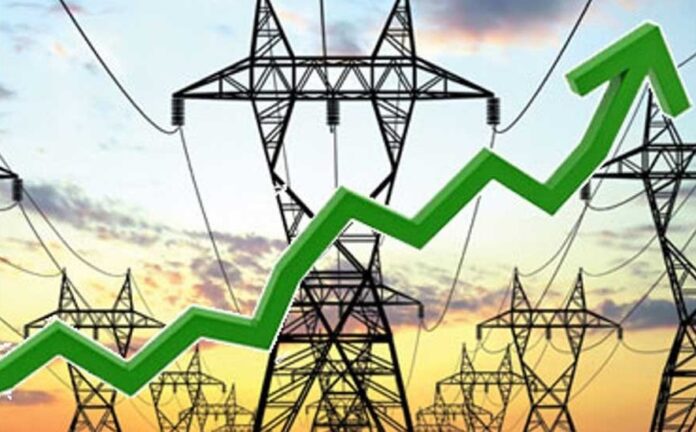Pakistan’s power sector is facing a severe financial crisis as the circular debt, the amount of money that the government owes to power producers and fuel suppliers, has reached Rs 2.6 trillion by the end of October 2023.
This is a 13 percent increase from the previous fiscal year when the circular debt was Rs 2.3 trillion.
The main reasons for the rise in circular debt are the slow release of subsidies, the delay in tariff adjustments, the high-interest charges, the non-payment by K-Electric, the poor performance of distribution companies, and the rupee depreciation.
The government has failed to implement its anti-theft and recovery drive, which was supposed to reduce the losses and improve the efficiency of the power sector.
The distribution companies have recorded Rs 77 billion in losses and Rs 165 billion in under-recoveries during the first four months of the current fiscal year.
The government has also not paid the dues of the independent power producers (IPPs), which have reached Rs 1.75 trillion. The IPPs have charged Rs 45 billion in interest on delayed payments during the same period.
The government has claimed that it will bring the circular debt to zero by the end of the current fiscal year, but experts are skeptical about this claim.
They have urged the government to take urgent measures to reform the power sector and resolve the circular debt issue.




